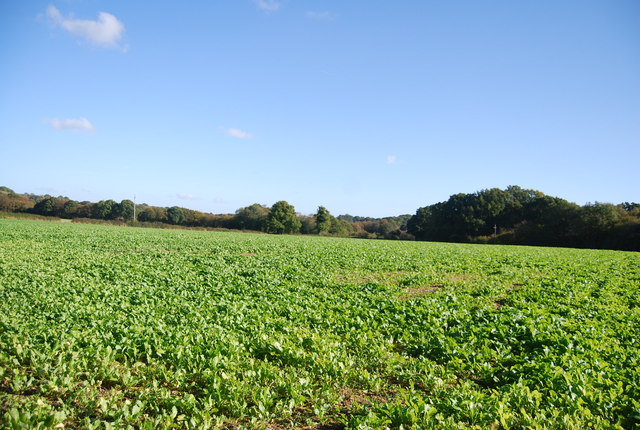Fine Gael TD for Kildare South, Martin Heydon, has welcomed a feasibility study which has shown that it would be feasible for Ireland to return to sugar beet production.
Speaking from Dail Eireann, Deputy Heydon said ‘The study which was presented to Minister Coveney yesterday (Wednesday), proves what farmers have always believed, that it would be feasible for Ireland to return to the production and processing of Sugar Beet. I am delighted that months of hard work behind the scenes have paid off with a positive report.’
Deputy Heydon, who has campaigned tirelessly along with many local former beet growers, had chaired a public meeting in February of this year in Athy to encourage potential growers to register their interest in returning to beet production and so aid the work of the feasibility study.
“In a further positive development, the European Commission last week announced proposals to change the current quota system for sugar. This would see an end to the system in 2016 if supported by EU farm ministers and this would then allow us the opportunity to re-enter the sugar market.” Heydon said. Minister Coveney strongly supports the Commission’s proposal to end the quota system.
Deputy Heydon, who is chairman of Fine Gael’s internal committee on Agriculture will attend the official launch of the report at the National Ploughing Championships next Wednesday at stand F186.
ENDS
Notes to the Editor
The report was Commissioned by Beet Ireland chaired by Mr Michael Hoey of Country Crest Foods. Beet Ireland (Beet Ethanol Energy Teoranta Ireland) is the steering group which has led this initiative. It also includes representatives of former beet growers related businesses.
The feasibility study was produced by world renowned Project Management Group. The associated business plan was thoroughly vetted by Ernst & Young.
‘The report envisages a new sugar beet plant capable of producing 250,000 tonnes of sugar and 11 million litres of bio-ethanol. Some 1.8m tonnes of beet from 30,000 ha will be required.
The new project could cost in the region of €400m but the group have received a very positive response from potential investors both private and banking to date. It is envisaged that farmers would take part ownership of the new venture.


